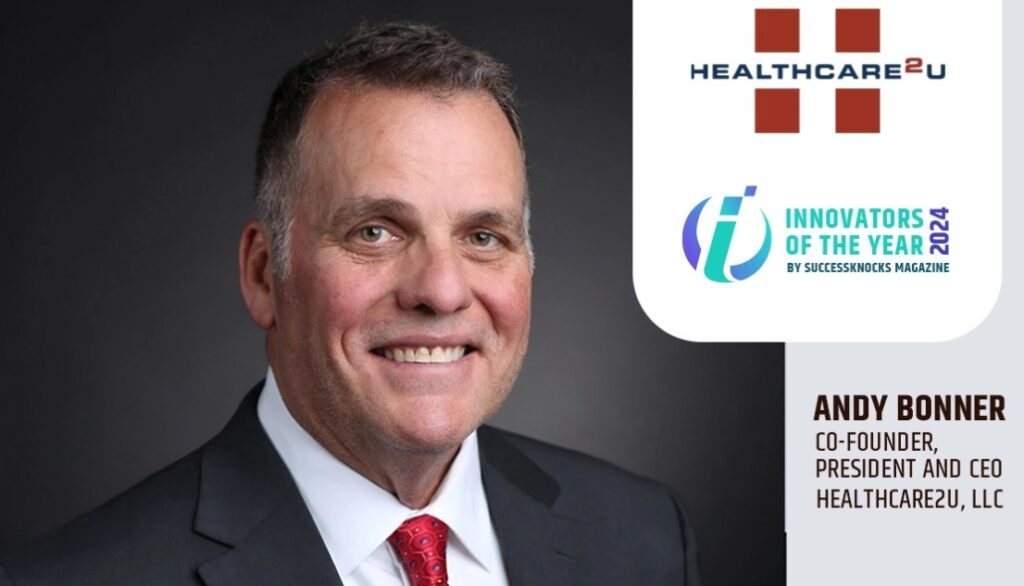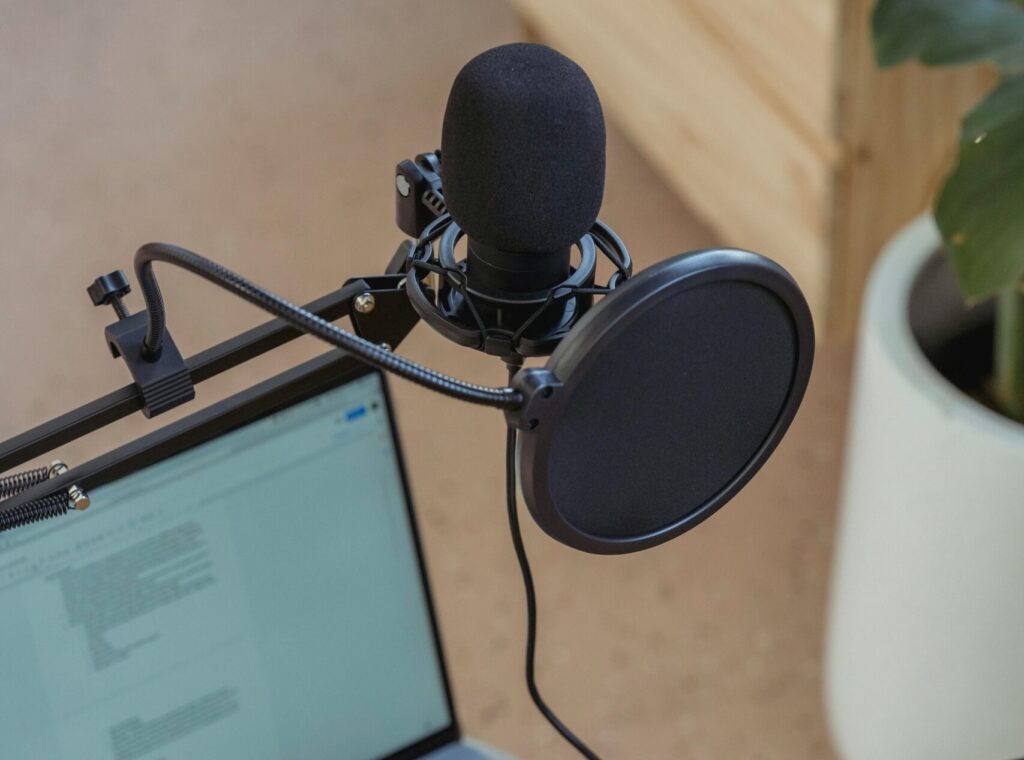In 1963, President Lyndon B. Johnson named the month of February as American Heart Month to raise awareness about Cardiovascular Disease (CVD) within the American population. After many decades, CVD is still prevalent. Affecting nearly 48 percent of the American population, CVD is the underlying cause in 1 out of every 3 deaths. For American Heart Month, the National Heart, Lung and Blood Institute (NHLBI) encourages you to join or create a heart-healthy pact with family and friends.
Living a healthier lifestyle is easier when you have a support system. From work, home, to your physical community – you can inspire numerous people to live their healthiest life. As CVD remains the number one killer among U.S adults, we challenge you to use this month to make new habits that encourage heart-healthy decisions with the people closest to you.
What is Cardiovascular Disease (Heart Disease)?
CVD (Heart disease) causes a waxy substance (referred to as plaque) to collect in the arteries over time. This plaque eventually deprives oxygen-rich blood of reaching necessary areas of the body. CVD also weakens the heart muscle, leading to numerous complications that can include heart failure or arrhythmias.
To understand the nation’s cardiovascular health, the American Heart Association tracks seven behaviors and health factors that increase the risk of CVD development. In response, AHA created “Life’s Simple 7”; seven modest lifestyle changes that will make a big difference in your cardiovascular health:
-
- Manage Blood Pressure – High blood pressure (hypertension) gradually increases the pressure of blood flowing into your arteries. By correctly managing your blood pressure, you reduce the strain on your heart, brain, eyes and kidneys.
- Control Cholesterol – High Cholesterol contributes to fatty deposits that build up in your blood vessels. By controlling your cholesterol, you are helping your arteries stay clear from blockages and reducing your risk of heart attacks and strokes.
- Reduce Blood Sugar – It’s important to treat high blood sugar quickly to prevent future complications. High levels of blood sugar can lead to diabetes which damages your heart, kidneys, eyes and nerves.
- Get Active – The World Health Organization recommends that adults aged 18-64 get at least 150 minutes of moderately-intensive physical activity throughout the week. Physical activity helps to keep your heart muscles healthy, gives you more energy, makes you feel better and can add years to your life.
- Eat better – Even for people at a healthy weight, a poor diet can cause major health concerns. Eating a healthy diet assists with all the steps above, allowing you to feel positive and stay healthy.
- Lose Weight – Being overweight increases the risk of heart complications, high blood pressure, and even cancer. When you lose weight, you also reduce the burden on your heart, lungs, muscles and skeleton.
- Stop Smoking – Tobacco smoke contains more than 7,000 chemicals, 70 of which can cause cancer. Smoking damages blood vessels, leading individuals to develop heart disease, stroke, respiratory problems, cancer, etc. Even older smokers can reap health benefits when they quit
smoking – it’s never too late to quit!
Participate in #HeartMonth!
Are you ready to change your habits and modify your behavior to become a healthier, happier you? Encourage your community of friends and loved ones to join you in taking steps towards a healthier lifestyle and away from CVD. Here are a few suggestions of activities that can help you build a stronger, healthier heart:
- Join an interactive workout class in your community
- Take a walk with co-workers during your lunch break
- Play in the yard with your family
- Make a pact with friends to quit smoking
- Host a heart-healthy potluck focused on lower sodium and fats
- Bike or walk to your local park
Although heart disease remains the number one killer among Americans, it is preventable. You can lower your risks by changing unhealthy habits and behaviors. Gather your community for social support and accountability along the way. By sharing your stories and adventures on social media with the hashtag #OurHearts, you can encourage your online community as well!
**Content updated May 7, 2021







